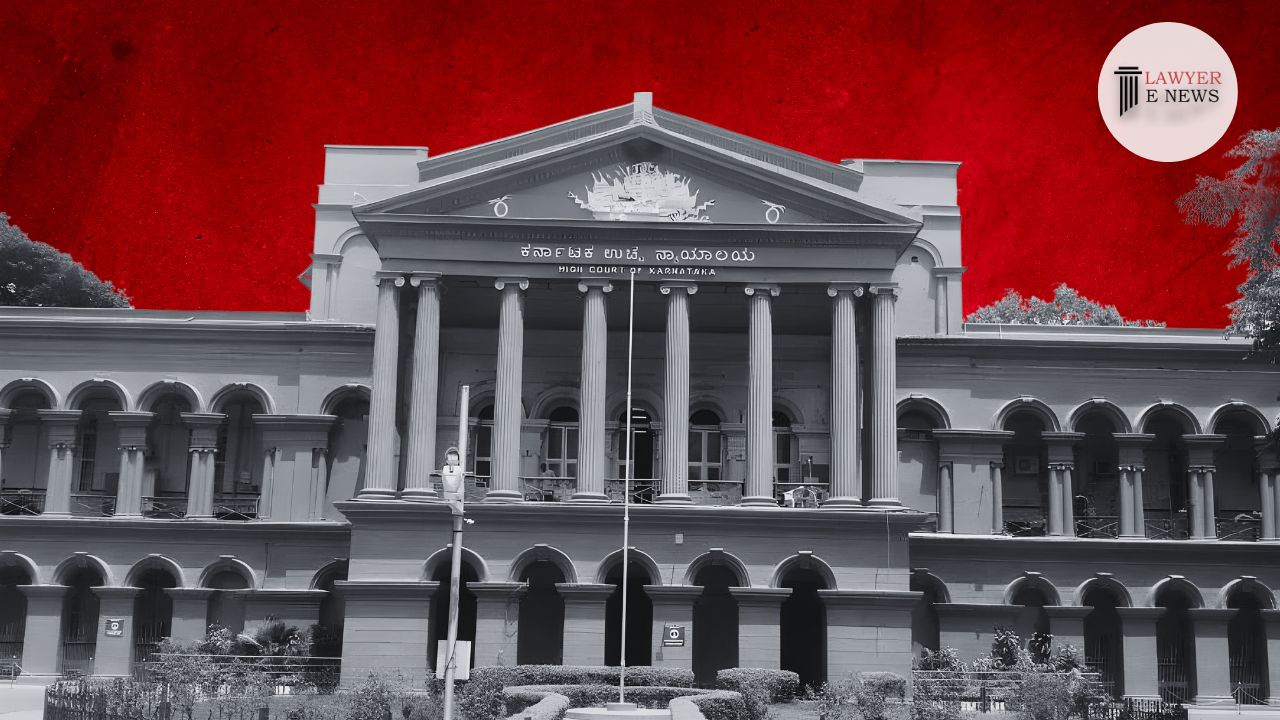-
by Admin
20 February 2026 5:23 AM



In a significant judgment, the Karnataka High court dismissed petitions from the directors and office bearers of a Company, asserting their continuous legal obligations in financial matters despite management changes. The court explicitly stated, "office bearers may come and go, the company remains," emphasizing the ongoing responsibility of the Company and its directors for their financial commitments under Section 138 of the N.I. Act.
The case revolved around a loan initially taken by the Company from a Bank, guaranteed by its then Chairman, and renewed by the new set of directors. The Company defaulted on its loan, leading the Bank to take legal action, including issuing a notice after the Company's account was declared a non-performing asset.
High Court observed that "the accused cannot project themselves to be ignorant of this fact," highlighting that a cheque of Rs. 90 crores had been issued by the then Chairman on behalf of the Company as a security measure. [Para 9-10]
The Court also drew attention to the renewal of the credit facility, involving personal guarantees from four Directors. "This clause indicates that four Directors including accused No.2 stood as personal guarantors for Rs.65/- crores. It is only then the loan/credit facility is renewed," stated the Court. [Para 11, 13]
The judgment also cited the Apex Court’s position on the drawer's liability of a cheque, including cheques issued as a security measure. "A drawer who signs the cheque and hands it over to the payee is presumed to be liable, unless the drawer adduces evidence to rebut the presumption," the Apex Court noted, according to Section 139 of the Negotiable Instruments Act. [Para 15]
The High Court concluded by dismissing the criminal petitions and clarified that the observations made are solely for the purpose of consideration under Section 482 of the Cr.P.C. [Para 16]
With this landmark judgment, the Court has underlined that a change in corporate leadership does not absolve the Company or its Directors of their financial liabilities.
Date of Decision: 06 OCTOBER, 2023
SRI RAJIV Versus STATE BANK OF INDIA
